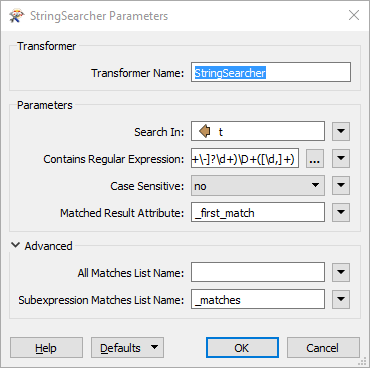I receive a text file with latitude and longitude coordinates.
The coordinates are typed in manually by the user using a reasonably similar syntax, although number of decimal places at the minute vary from none to four.
Examples of variation:
latitude: +70°38,91 +63°47 +69°56,426 +69°08,8447
longitude:-51°04 -50°40,5 -51°19,01 -50°52,600 -50°52,9597
How could I use regex to convert the values to decimal degrees?















